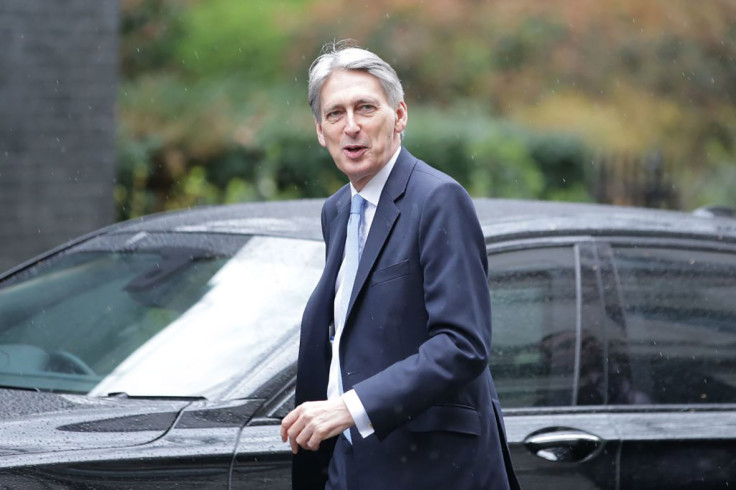UK government posts first July budget surplus since 2002
More money from tax receipts led to the first summer surplus in 15 years.

The UK government has recorded its first budget surplus in July since 2002, as the Treasury registered higher tax receipts.
The improved tax takings meant that last month saw a surplus of £0.2bn, compared to a deficit of £0.3bn seen over the same month last year, according to the Office for National Statistics (ONS).
July is considered the second most important month, along with January, for tax revenue paid for by those completing self-assessment tax returns.
In both months, tax receipts are higher than average. Last month's tax receipts rose by £0.8bn to £8bn; compared with July 2016; the highest since records began in 1999.
A spokesperson for the Treasury said: "We are making good progress in strengthening our public finances and living within our means.
"Our national debt, at £65,000 for every UK household, is still too high. That is why we have a clear fiscal plan to reduce our debts and build a stronger economy for every household."
According to the independent Office for Budget Responsibility (OBR), public sector net borrowing will be £58.3bn during the financial year ending March 2018.
So far into the current financial year, total government debt, excluding public sector banks, stood at £1.758trn in July; equivalent to 87.5% of gross domestic product (GDP), according to the ONS.
Earlier this year, Chancellor Philip Hammond, broke from the stance taken by his predecessor George Osborne, and differed balancing the budget until the middle of the next decade, in order to slow the current pace of deficit reduction if needed to support the economy with a looming Brexit on the horizon.
© Copyright IBTimes 2025. All rights reserved.






















